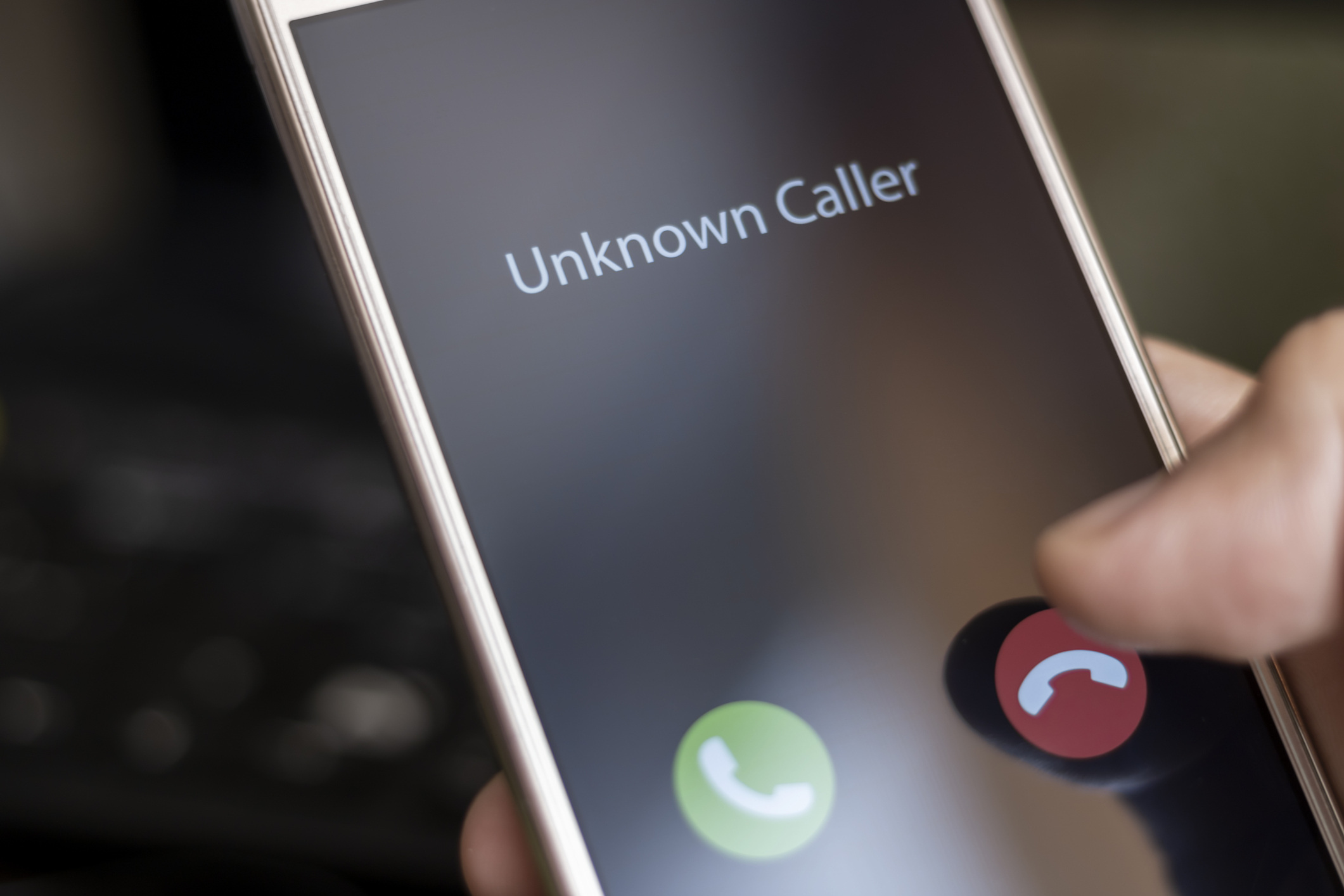How to avoid a phone scam

With scammers becoming more sophisticated in targeting victims, there are certain things you should be aware of to help you avoid falling for a phone scam.
- Check the call display information and phone number displayed
- A familiar name may have a spelling mistake or other oddity in the formatting of the name. For example, a missing letter or missing space between words.
- The phone number may appear odd or have an unfamiliar area code.
- Do not give out personal information
- Do not provide any of your online banking information—including usernames, passwords, security question answers, your card PIN, or one-time authentication codes—to anyone who contacts you directly.
- Do not provide personal information—including mobile phone numbers and email addresses—on social media. This includes direct messages and on personal profiles.
- Do not send money
- Do not send a payment or e-Transfer at the request of someone claiming to be from the company they claim to be calling from.
- Scammers may also ask for you to buy gift cards or go to a store to purchase a gift card. Do not do this.
- Keep your account information private
- This includes your username/password information or any other personal information that is tied to an account login.
- Don’t download any third-party applications
- A scammer may ask you to download an app to help “verify” you, or as a way for you to send money. This is not a typical standard practice of companies and should raise an alarm if asked to do this.
If you receive a phone call that seems suspicious or raises an alarm, do not hesitate to end the call immediately.
Learn more about purchasing cyber insurance for an extra layer of protection.


